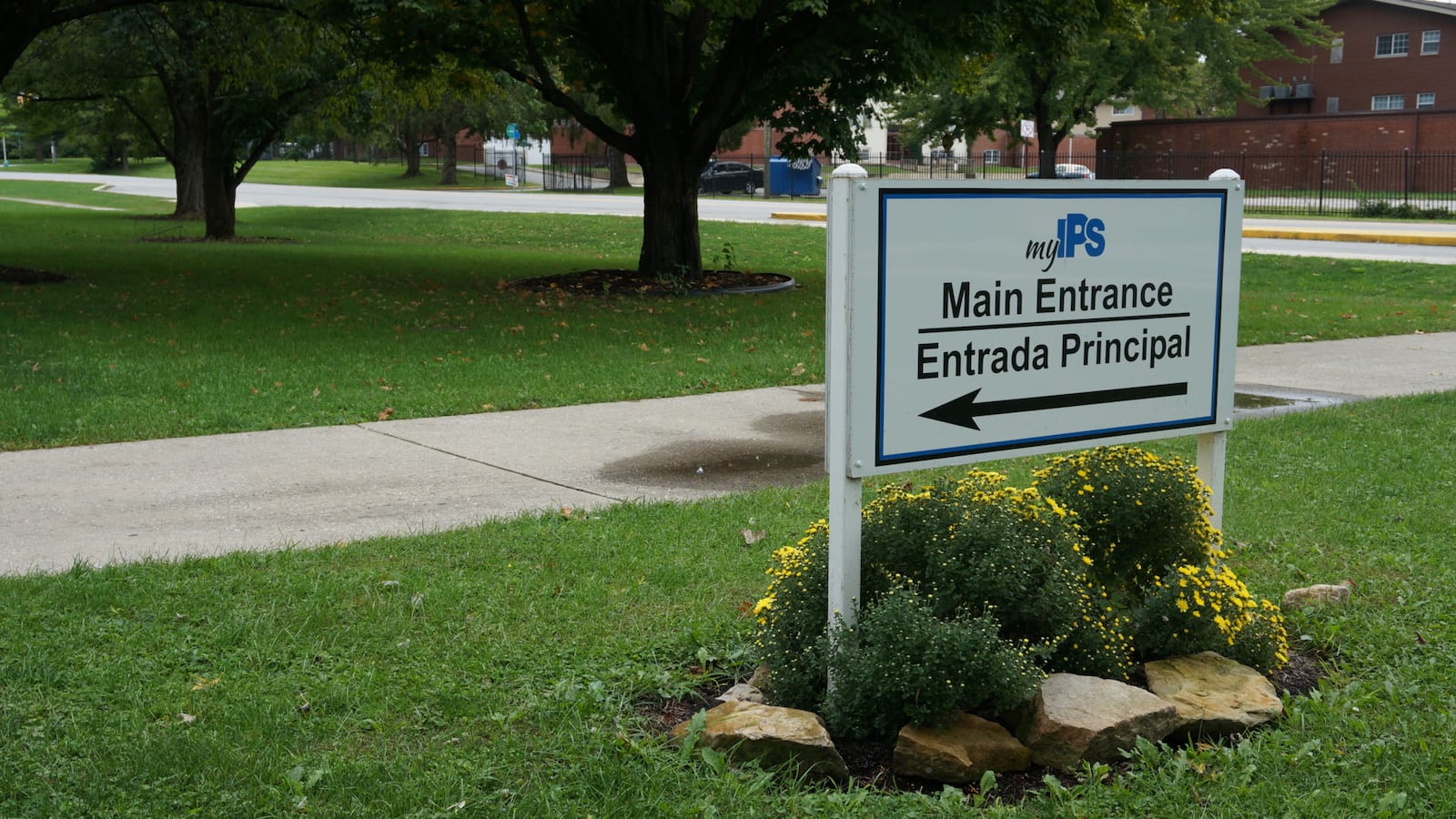The Indianapolis Public Schools board convened virtually Tuesday to affirm unanimously the actions taken at a meeting held earlier this month. The board had faced criticism for telling members of the public they could not attend the March 19 gathering in person, only allowing them to watch the proceedings via livestream amid coronavirus fears.
The IPS board accepted written public comments in advance of that meeting, and it was broadcast live on Facebook.
Despite those efforts, the decisions to prevent the public from attending the in-person gathering and to go forward with controversial votes to convert four campuses to privately managed innovation schools sparked some criticism. It also raised concerns that the votes could be challenged in court.
Board President Michael O’Connor said that the decision to close the meeting earlier this month to the public was consistent with public health recommendations and complied with modified public access laws. Pointing to projections of growing coronavirus cases in Marion County, O’Connor said, “I believed then and I believe now that the decision was reasonable and necessary.”
He called Tuesday’s vote a “belt and suspenders” approach.
The board was able to gather virtually without concerns Tuesday because Gov. Eric Holcomb issued an executive order last week that allows governing bodies to meet by videoconference or telephone if the meeting is made available to the public and media.
The meeting follows a report from WFYI last week in which Indiana’s public access counselor, Luke Britt, said “the law that was in place wasn’t technically followed” because members of the public were told they could not attend in person. As a result, the actions the board took could face legal challenges, WFYI reported.
Indianapolis City-County Councilor Dan Boots, in a letter to the board and Superintendent Aleesia Johnson also signed by 11 other councilors, said the council had minimized attendance at its meeting without fully excluding the public. He said limiting gatherings for public health “should not undermine the desired objective of allowing public input and oversight to the greatest extent possible.”
Boots also questioned whether the board should vote during the crisis on innovation school conversions, plans that had already ignited fierce debate.
The core of the debate now is whether the decisions needed to be made at a time when gatherings of all kinds are being limited. Holcomb’s March 16 executive order says that during the coronavirus pandemic, public meetings “should be limited to only essential matters critical to the operations of the governmental agency.”
Before the board voted on the innovation agreements, Johnson said that the board’s decision had been discussed at prior meetings, and the public had offered extensive feedback. It was important to vote soon, she said, because “we need to be able to make sure those school communities know what to expect in the new year.”
In the coming weeks, the new school managers are expected to lay the groundwork to take over the schools in the fall, hiring teachers and getting to know families they will serve.

